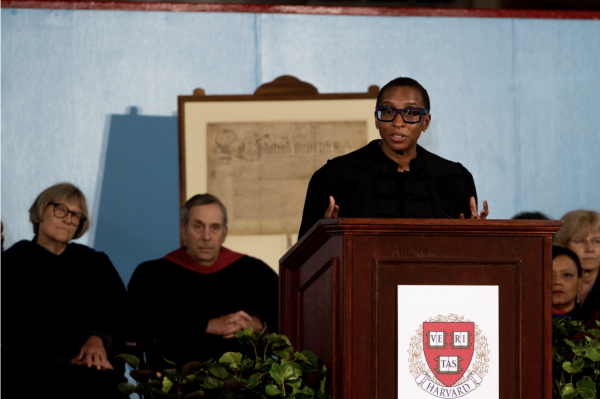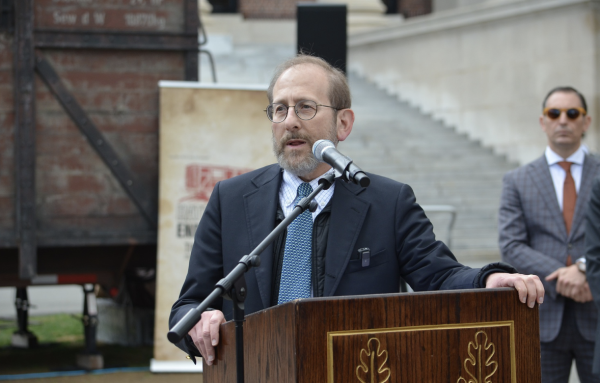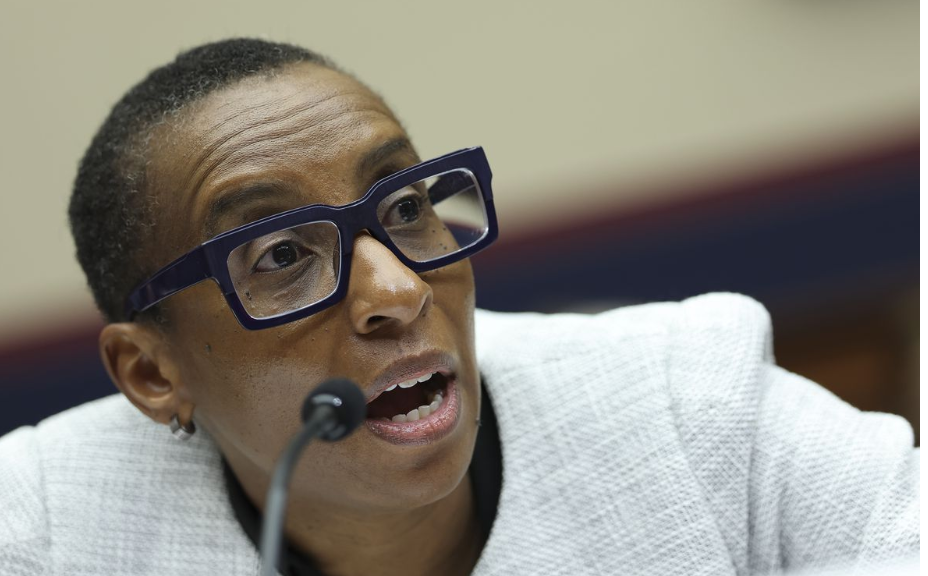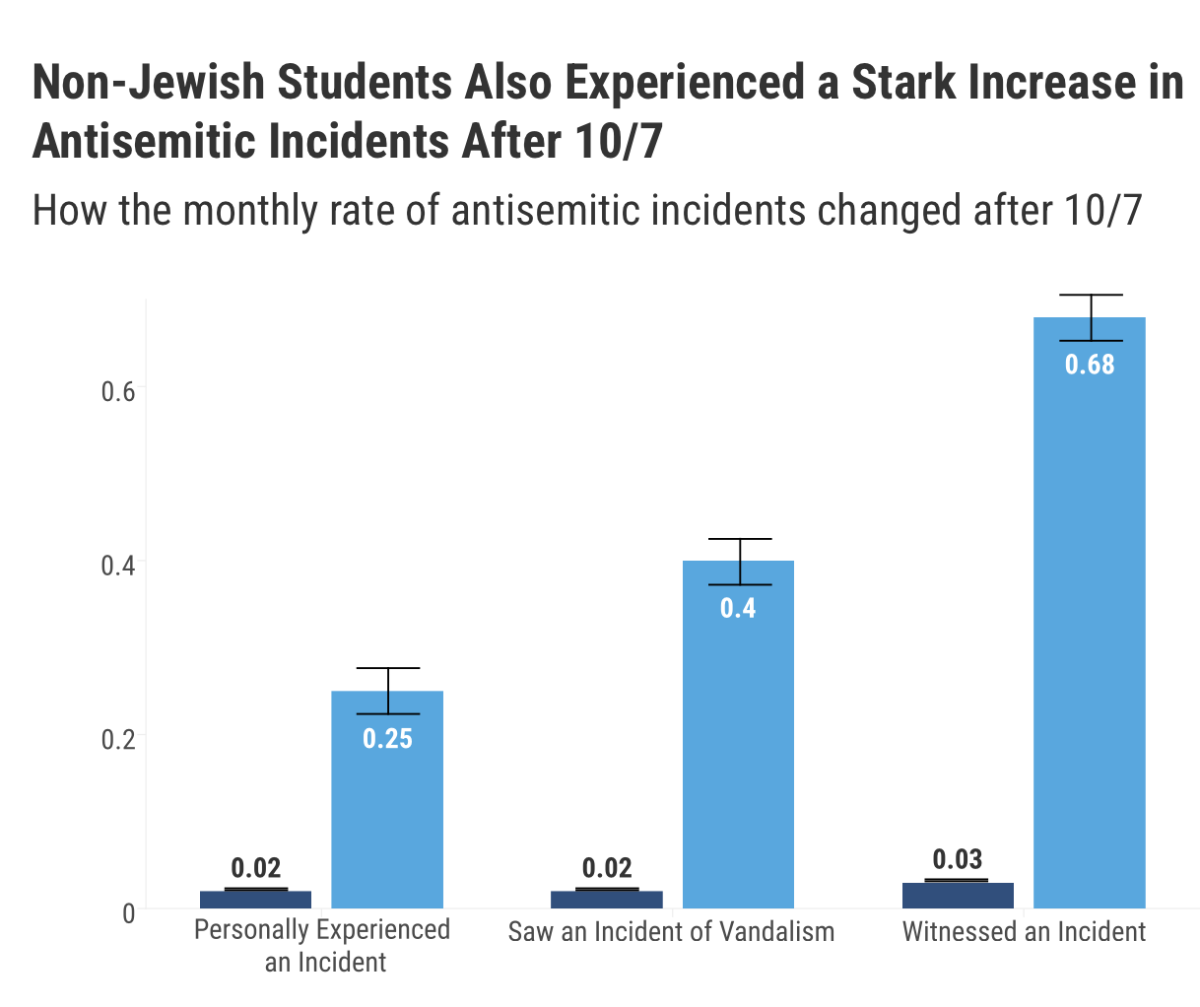On January 2 of this year, professor of African-American Studies Claudine Gay officially resigned from her position as President of Harvard University after just 6 months in office—marking the shortest tenure in the University’s history. However, Gay’s resignation wasn’t unforeseen, as in the weeks prior, she had found herself caught in the middle of multiple controversial webs, each bringing her closer and closer to leaving her post. Along with the various altercations came fervor from both sides of the political spectrum: with those on the left asserting that she was wrongfully pushed out of her role, and those leaning right arguing that her actions warranted her exclusion.

In July of 2023, Claudine Gay formally took office and became Harvard University’s first African American and second female President—identifying her importance in the university’s modernization and path towards racial and gender equity. Before taking office, Gay wasn’t new to the Harvard community, as she had received her Ph.D. from the school in 1998, and had been a professor there since 2006. A luminary in the world of academia, Gay also previously taught at Stanford, an equally prestigious university.
Gay’s appointment was especially tumultuous, as it came directly after the Supreme Court’s ban on affirmative action, meaning—to the dismay of Republicans —countless universities were attempting to find other ways to encourage their DEI (diversity, equity, and inclusion) initiatives.
These circumstances surrounding her appointment later on came to frame much of the discourse around her resignation, as conservative think tanks asserted that Gay was only elected due to her race and ethnicity, and liberal voices contended that her expulsion was yet another attack on DEI campaigns.
As soon as Gay assumed her role, the strings began to unravel. On October 7, terrorist group Hamas invaded Israel—launching the Middle East into a militaristic conflict that left millions of citizens, both within the region and out, in constant distress. As is the standard for conflicts of this magnitude, emotionally charged rhetoric found a home in the United States’s temples of academia: colleges and universities.
Many who opposed Israel’s actions took out their anger on Jewish students on campuses across the United States. In fact, the number of Jewish students who felt safe on their campuses dropped more than 25% after October 7, with almost 50% of Jewish college students, and 38% of non-Jewish college students, believing their administrations should be doing more to address rising anti-semitism.
As a response, the United States House of Representatives called university presidents to a congressional hearing in mid-December, including the heads of Harvard, University of Pennsylvania, and MIT. The aim of the hearing was to understand the level of commitment each president had towards fighting anti-semitism on their respective campuses, but many university heads ended up being directly interrogated by congressional Representatives.
Claudine Gay was one of the first presidents to fall victim to the direct questioning that took place. When asked by Republican Representative Elise Stefanik as to whether or not calling for the “genocide of Jews” violated Harvard’s harrasment policies, Gay responded with “It can be, depending on the context.”
Gay’s inability to directly label anti-semetic rhetoric as going against Harvard’s school policies and apparent avoidance of the question resulted in massive mass backlash.
However, what triggered public outcry, perhaps more than Gay’s original statement, is the fact that Harvard agreed to keep her as president, even after UPenn’s President Magill stepped down directly after the hearings. After Magill’s resignation, Representative Stefanik said on X (formerly known as Twitter) “One down. Two to go.”
To save Gay, more than 600 Harvard faculty members signed a petition advocating for her continued tenure as president. For the time being, it appeared that Claudine Gay would remain in her position.
Yet, not even two weeks after the hearing, Gay was chastised for another offense: plagiarism. Discourse surrounding Gay’s supposed plagiarism had been floating around since late October, but in December, investigations heightened to such an extent that Harvard itself was forced to intervene.
On December 11, The Washington Free Beacon, a conservative news outlet, released an investigation contending that Gay lifted text verbatim without proper citation in more than four of her academic works—including her board-reviewed dissertation from Harvard for which she was awarded the Toppan Prize. Nine days later, Harvard conducted their own independent review, where they found two instances of “duplicative language without appropriate attribution.”
Although the plagiarism in question was just two trivial instances of inadequate citation—many believed that it would be disgraceful for Harvard, one of the most prestigious places for academic study in the world, to keep a president who consciously violated academic integrity, regardless of the magnitude (or lack thereof).
This development launched both the media and political sphere into passionate fervor, with North Carolina Representative Virginia Foxx saying the House of Representatives’ Education Committee would take initiative to investigate deeper into Harvard’s findings.
After the mass buildup of public and political backlash—specifically due to the coupling of the anti-semitism comments with the inadequate citations—Gay finally stepped down in early January, in agreement with the views of the Harvard Governing Board.
However, many liberal voices in the media immediately spoke out in opposition to Gay’s decision. Many claimed she was pushed out of her position due to severe racial bias. Janai Nelson, the president of the NAACP Legal Defense Fund, wrote that the attacks against Gay “have been unrelenting & the biases unmasked.” Civil Rights activist Rev. Al Sharpton asserted her expulsion “is an attack on every Black woman in this country who’s put a crack in the glass ceiling. It’s an assault on the health, strength, and future of diversity, equity, and inclusion.”
Criticism especially draws from the fact that Gay received most of the blame for the plagiarism, even though her dissertation underwent copious amounts of peer-reviewing—even by Harvard University itself. Had Harvard done a more thorough job analyzing her works, the issue could have been prevented even before she took office. Some argue the fact that the media let it grow right now is an active attack against Gay and DEI campaigns.

Harvard is now forced to recover from the past few months with its new interim president Alan Garber—as protests surrounding Gay’s resignation continue to spread throughout the United States.
Regardless of whether or not Gay’s decision was appropriate, Harvard is now a step behind on its path of fixing its history of racial inequality. The university’s actions moving forward are still to be seen, but undoubtedly, Claudine Gay stepping down put the fight towards DEI back in center stage.



